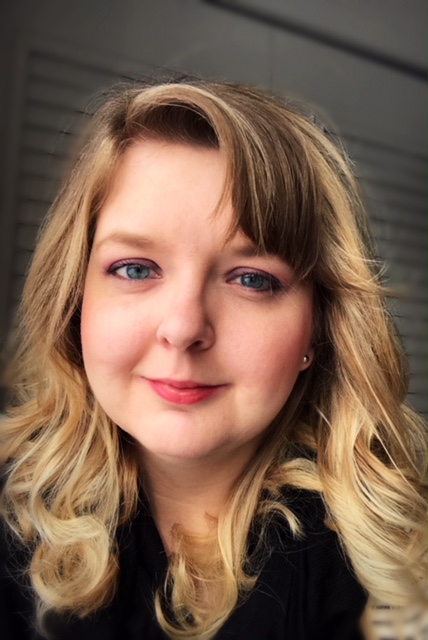
MSP strives to connect with alumni to find out more about the work that fulfills their passion for clinical psychology. Life After MSP is our feature column that highlights the career journey of our grads.
Name: Dawn Krull, MS, MA (Class of 2017)
Job Title: Recipient Rights Specialist, Oakland Community Health Network (formerly known as Oakland County Community Mental Health Authority, OCCMHA)
Describe your current position:
I don’t work in a traditional clinical role, but I use my clinical skills and training on a daily basis. I work for a wonderful agency, Oakland Community Health Network (OCHN), as a Recipients Rights Specialist.
In this role, I protect and promote the rights of individuals who receive public mental health services. I conduct investigations, aid with complaint resolution, provide consultation and education, and refer individuals to other advocacy agencies, among many other responsibilities. I work with many fantastic clinicians, direct care staff, community members, and individuals receiving services.
How did your career path lead you to this role?
I have spent almost a decade working within the community mental health system. This system serves individuals with severe mental illness and disabilities, people who are less fortunate and considered to be the most vulnerable. My roles have evolved over time because of my passion for advocating on behalf of recipients and learning as many aspects of the field as possible.
My life in the nonprofit world began with an unpaid disaster serves internship with the American Red Cross during my undergraduate years at Central Michigan University. I also worked in community mental health serving homeless prevention and housing services. After completing my first master’s degree in psychology and several years of intensive outpatient case management, I began to work behind the scenes. A move to quality assurance followed. Investigating, monitoring, and training on various therapeutic programs, as well as reviewing different clinical practices during my time in a quality role, prepared me for the transition to my current position.
What do you like about your current job?
Rights Specialists are known for completing investigations regarding allegations of abuse and neglect. However, there is so much more to being a Rights Specialist – we are advocates too. I find ways to listen to recipients when no one seems to be hearing or understanding how they feel. In my role, I help to educate support staff as they go down the path of self-determination. I laugh with them, cry with them, and fight alongside them.
Speaking up for people in need when they are not being heard helps to seek the truth and ensure due process. I support recipients when they stand on their own and face adversity. There are times I mourn for them and I also celebrate the victories. I am grateful for all of it.
There is so much I like about my job. It’s difficult to choose just one thing. It’s not always easy, but I can say it is incredibly fulfilling and worth every moment. I meet many amazing individuals, experience the beauty of diversity, and help people in need. I cannot imagine working anywhere but community mental health.
How did MSP prepare you to be successful?
My MSP education was a constellation of experiences that will forever guide me forward in life professionally and personally. I’ve met, worked with, and learned from some of the most talented and passionate clinicians. This has led to friendships and professional relationships that will last a lifetime.
I have learned new techniques, tested my academic limits, and polished old skills. I grew academically, professionally, and emotionally in the program. I feel so fortunate to have such an exceptional experience and education at MSP.